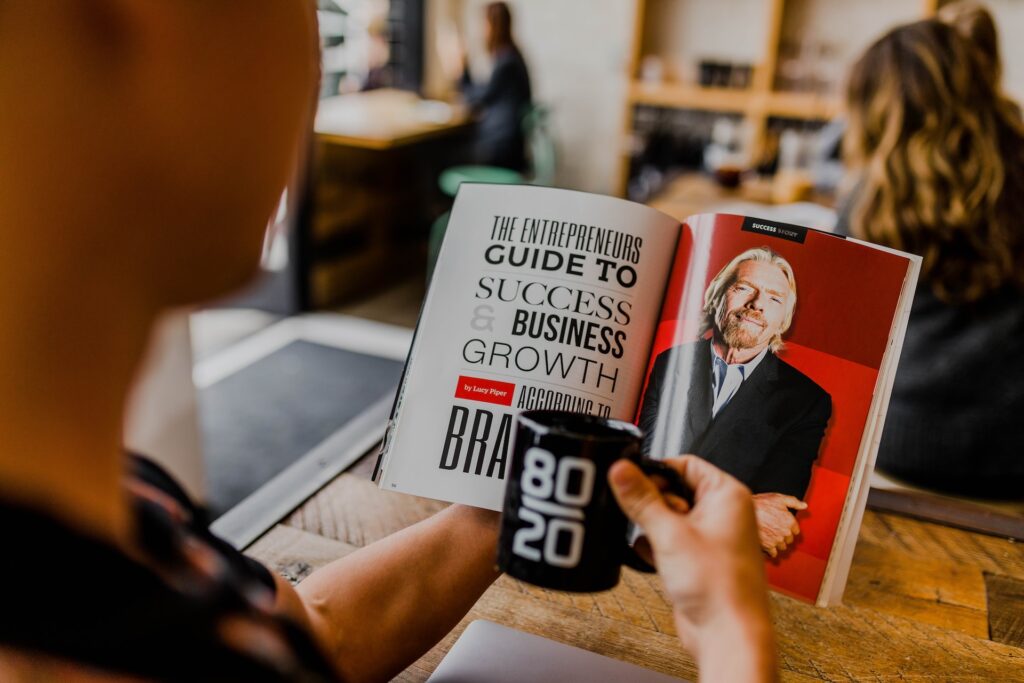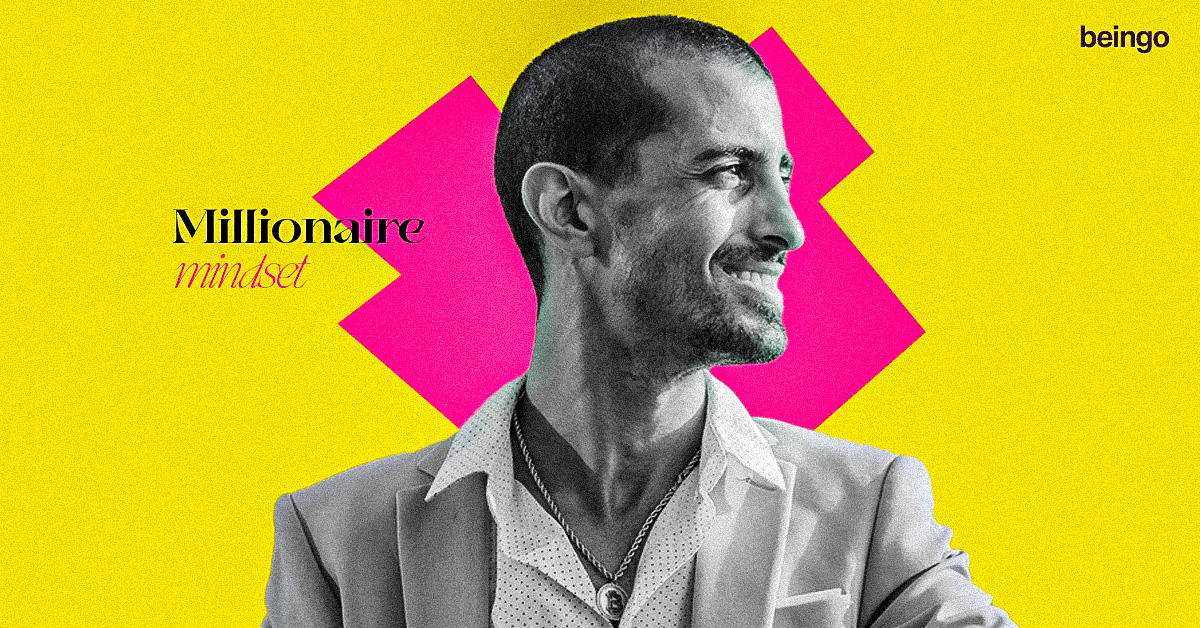What does it take to get rich and have financial freedom? Is it luck? Good timing? A high-paying job? While those can help, the real keys are time and the right money mindset. There are basic money rules that the wealthy use to grow their money. Anyone can follow these rules, no matter your income.
This article will share three big money tips from the millionaire mindset. These simple but powerful insights can put you on the path to financial success if you use them early and often in your career. Let’s uncover what habits and strategies set the rich apart from the rest.
Money Tip #1: Invest Early and Let Compounding Work
The Problem: Not Investing Soon Enough
One huge money mistake is waiting too long to start investing. There are many excuses: not making enough yet, having other priorities like paying off debt or buying a house, or thinking investing is complicated. Wanting instant gratification from spending wins over saving and investing for later.
The opportunity cost of waiting even a few years is massive. Compounding means your money grows exponentially over time. The sooner you start investing, the more years compounding has to grow your money.
Imagine you invest $10,000 at 25 and add $500 per month ($6,000 per year) for 10 years until 35. If your investments earn an average 10% yearly return, that initial $10,000 will grow to over $673,000 by 65.
Now imagine starting later, investing $10,000 at 35 and adding $6,000 yearly for 30 years until 65. That same $190,000 invested will only grow to about $1.1 million by 65, around 40% less.
Waiting just 10 years cuts your ending amount almost in half! This shows how critical the early investing years are to building wealth.

The Solution: Start Investing As Soon As You Can
The fix is simple: start investing as soon as you have any extra money. Don’t wait for some future milestone. Build the habit when young and have time on your side.
Even starting small is what matters. Being consistent and disciplined will pay off later. As income grows, steadily increase amounts invested.
Steps to Invest Early
Follow these steps to put compounding to work as soon as possible:
- Open a retirement account like an IRA or 401k. This gives tax-advantaged space to invest long-term. Contribute enough to get any employer match if offered.
- Regularly contribute a portion of your income. Make deposits a routine, like paying a bill. Even modest amounts accumulate over time.
- Invest in low-fee index funds or ETFs. Get broad market exposure. Avoid picking individual stocks. Stick to funds tracking major indexes like the S&P 500.
- Let your money compound for decades. Resist temptation to tinker. Give compounding long time horizons to work.
Benefits of Investing Early
Starting early not only maximizes compounding, but also:
- Compounding grows your money exponentially. Like a snowball, contributions and returns build on themselves year after year.
- More years to compound means far greater gains. Give compounding more time to work its magic. Waiting limits its wealth-building power.
- Small amounts invested regularly can grow large. For example, $100 per month from 25 to 65 could be over $250,000 (at 10% returns).
In short, making investing automatic early lets you potentially build more wealth. Consistency and time in the market are key. Don’t delay harnessing compounding.
Money Tip #2: Pay Yourself First
The Problem: Spending First, Saving Leftovers
Another common money mistake is spending first, then saving whatever’s left. Relying on willpower alone to save often fails. Good intentions disappear when tempted to spend. It’s easy to put off saving as other priorities come up.
Too often, people take on debt by spending beyond their means. Depending on credit cards to fill the gap between income and spending leads to a dangerous debt cycle. Lifestyle inflation also sneaks up over time as income rises. Saving becomes an afterthought.
When surprise expenses deplete savings, debt becomes the go-to solution. Putting emergencies on high-interest credit cards digs you deeper financially. Having no cash cushion makes it harder to get ahead.

The Solution: Pay Yourself First Through Auto-Savings
The counter-intuitive fix is to “pay yourself first” by making savings automatic before spending. The key is automating transfers to separate savings and investment accounts first before spending temptations hit.
When savings are treated like a monthly bill, inertia makes effortless wealth building possible over time. Set it and forget it through payroll deductions or bank auto-transfers.
Psychologically, money already earmarked for savings is seen as off-limits. Automation removes conscious willpower and discipline. Pay yourself first runs on autopilot.
Steps to Pay Yourself First
Follow these steps to make paying yourself first fool-proof:
- Set up auto-transfers from checking to separate savings. Move savings amounts the day after paychecks hit.
- Split direct deposit into savings and checking. Bypass your everyday checking so you never “see” this money.
- Build an emergency fund with 3-6 months of living expenses. Self-funded insurance prevents debt when surprises strike.
- Increase retirement contributions over time. Make maximizing contributions a priority as income rises. Take full advantage of employer matches.
Benefits of Paying Yourself First
Auto-savings offers many perks:
- Forces saving before spending temptations arise. Out of sight, out of mind. Money not in your spending account is less tempting to spend.
- Effortless way to save. Savings happens automatically so conscious budgeting discipline isn’t needed. Set it and forget it.
- Emergency fund prevents debt. Cash cushion means no costly credit card debt or retirement plan withdrawals.
- Maximizing retirement contributions sets up your future. Take full advantage of 401(k), IRA, and other limits.
In summary, make paying yourself first a top priority by automating savings and investment transfers. Only spend what’s left after paying your future self. Saving first sets you up for long-term success.
Money Tip #3: Value Experiences Over Stuff
The Problem: Overspending on Things That Lose Value
It’s easy to overspend on possessions that often decrease in value over time – clothes, gadgets, cars, etc. The urge to shop and buy can be hard to resist.
The problem with spending mainly on material goods is three-fold:
First, the happiness from purchases fades quickly. After the initial thrill, that new thing becomes just another item. Second, physical things tend to lose value and utility over time. Technology especially becomes outdated fast.
Third, more possessions often require ongoing costs for storage, insurance, taxes, etc. More time and money gets sunk into managing stuff. This makes mindless shopping a poor use of limited resources.
The Solution: Spend on Experiences That Enrich You
The better spending strategy is to focus more on meaningful life experiences versus material things. Use your extra cash for experiences that enrich you personally rather than only getting possessions.
Experiences like travel, classes, concerts, hobbies, activities, restaurants and events create lasting memories and growth. Material goods fade fast, but experiences make us who we are and last forever in our minds.
Research shows experiential purchases bring more happiness than material ones. Unlike items, experiences tend to become more positive over time as we reminisce. Quality experiences stay part of your identity.

Steps to Value Experiences Over Possessions
Follow these tips to shift spending towards quality experiences:
- Limit purchases to what you truly need. Avoid getting caught up in simply acquiring more stuff. Differentiate needs from mere wants.
- Budget discretionary money for activities, events, courses, trips. Use leisure spending to gain skills, meet people, deepen relationships and make memories.
- Travel to new places. Seeing the world provides invaluable perspective and lasting memories. Budget to visit a couple new places yearly.
- Be selective about purchases. For needed items, favor usefulness, quality and experience over novelty.
Benefits of Valuing Experiences
There are many perks to spending more on experiences:
- Memories and personal growth last longer than possessions. Great experiences help define you and become treasured memories.
- Experiences tend to become more positive over time. Unlike items, fond memories get better as negative details fade.
- More satisfaction from time well-spent versus just buying stuff. Developing yourself pays lifelong dividends.
- Less clutter and costs from having fewer possessions. More freedom through reduced maintenance, storage, insurance, etc.
In short, spending on quality experiences often brings more lasting happiness and is a wise use of limited discretionary money. Be mindful of where your cash goes.
Frequently Asked Questions
What are good first investments?
Index funds, target date retirement funds, and robo-advisors like Betterment are great hands-off options for beginners not ready to pick individual stocks. Just start investing regularly even small amounts.
How much should my emergency fund be?
Aim for 3-6 months of living expenses in an emergency fund kept in an easy-access savings account. This cash cushion prevents debt or tapping retirement savings for surprise expenses.
How can I automate savings?
Set up recurring auto-transfers from checking to savings accounts, like the day after paychecks. Have some pay directly deposited into savings accounts. Contribute to workplace retirement plans via payroll deduction.
Should I rent or buy a home?
Calculate total costs – mortgage, taxes, insurance, maintenance versus renting. Buy when planning to stay put several years, are financially ready, and the math favors owning in your area.
How can I spend more on experiences?
When you get discretionary income, use it for event tickets, classes, gym memberships, vacations. Set aside a separate “experiences” budget category just for this purpose.
Conclusion
Adopting the money tips of the millionaire mindset here can set you firmly on the path to long-term financial success. Start investing early – even small consistent amounts pay huge dividends thanks to compounding. Make paying yourself first an automated habit to effortlessly build savings. And use discretionary money for worthwhile experiences rather than short-lived material things.
Putting these simple yet powerful principles into practice early in life can make a big difference in achieving financial freedom. Passive income from prudent investing gives you more options later. Building real wealth takes patience and consistency, but is possible for anyone willing to use these money tips of the wealthy.
The time is now – open that retirement account, set up auto-savings, and book that trip you’ve been wanting. Your future self will thank you. Wise choices today compound into great results over time. Financial independence is closer than you think when you adopt the millionaire mindset.




